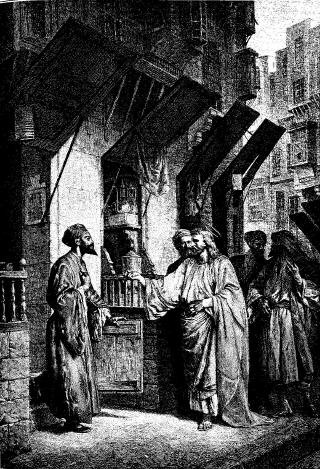Church Service Videos
You can watch our most recent sermons below, including Easter and the Ascension celebrations below or by going to the Video page from the top or right menu.
Breaking Religious Patterns

Matthew 9:9-17 “On hearing this, Jesus said, ‘It is not the healthy who need a doctor, but the sick. But go and learn what this means: ‘I desire mercy, not sacrifice.’ For I have not come to call the righteous, but sinners’” (Matthew 9:12-13). The call of Matthew illustration by Alexandre Bida Jesus’ purpose […]
Jesus: Double Agent
Christmas, the traditional day for celebrating the birth of Jesus, provides the church its focal point for gratefully acknowledging the Incarnation of the Son of God. In response to this historic event, the angels joyfully praised God (Luke 2:13) as they watched God’s master plan unfold. I believe this is significant to notice. The angels rejoiced […]
Unanswered Prayer?
Dear Brothers and Sisters in Christ, We believe that prayer is vital to a life of faith. Skeptics may view it as merely talking aloud to an imagined deity, but that is not our problem. The problem we face with prayer is when it seems to go unanswered. When I think of biblical examples, two come […]
